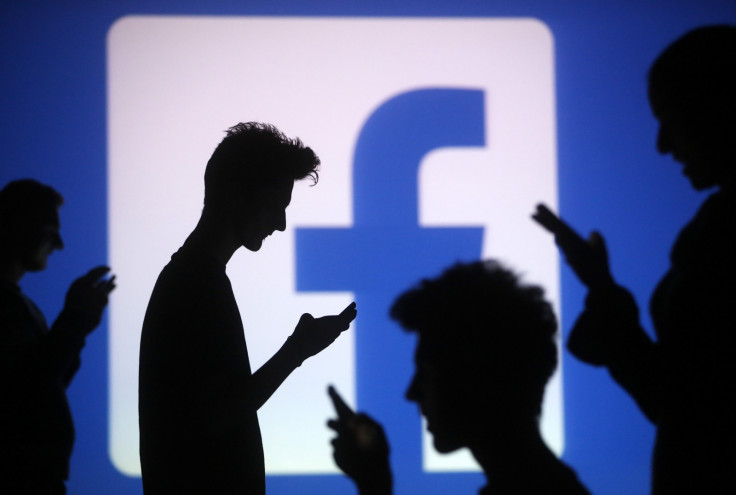Facebook safety check feature triggers bomb scare with false Bangkok explosion report
The safety check alert promoted an article that linked to a Bangkok bombing which occurred in 2015.

Facebook activated its "Safety Check" feature based on fake news reports on 26 December. The social media giant cited "media sources" as confirmation of an "explosion" in Thailand's capital Bangkok, which it claimed was triggered by a man protesting near the prime minister's office. However, the alert was reportedly deactivated within an hour.
During terrorist attacks, mass shootings and natural disasters, Facebook's Safety Check feature allows its users to mark themselves safe and help inform their friends, family and loved ones about their status during a crisis.
This Safety Check, which reportedly came around 9pm local time, mentioned that an explosion took place in Bangkok and encouraged local users to mark themselves as safe.
The alert also triggered some confusion as well since it also provided a link to an outdated news story on Bangkok Informer about the 2015 Erawan Shrine bombing.
According to a screenshot of the feature, shared by local journalist Saksith Saiyasombut, the alert promoted a 26 December article by news-scraping site BangkokInformer.com, which is no longer available online, that included a link to a BBC video from 17 August 2015 about the Erawan Shrine bombing.
The social media giant, however, defended its decision to activate its safety check feature.
"As with all safety check activations, Facebook relies on a trusted third party to first confirm the incident and then on the community to use the tool and share with friends and family," a company spokesperson told The Guardian.
The "source" of the @Facebook Safety Check for Bangkok: A fake news site that scrapped stuff from elsewhere…! pic.twitter.com/i6Q2k8XBxP
— Saksith Saiyasombut (@SaksithCNA) December 27, 2016
The spokesperson also reportedly shared local media reports of a man protesting and throwing "ping pong" firecrackers at the Government House in Bangkok which they claim prompted the alert. The company is currently looking into how the unrelated links were included in the "Bangkok explosion" safety check page.
Last month, the social media network announced that it would no longer manually trigger its safety check tool. Instead, they would allow the feature to be triggered by an algorithm that looks at trending posts by the Facebook community about a specific incident in a given area. After monitoring an emergency newswire for reports from official sources and police departments, if there are enough people discussing it, Facebook will then prompt local users to check in as safe.
"We believe people closest to a disaster should play a bigger role in deciding when Safety Check is most helpful," Naomi Gleit, Facebook's VP of Social Good, wrote in a post announcing the change. "So today, Safety Check will be turned on by the community instead of Facebook."
Introduced in 2014, the Safety Check feature has been successfully deployed in the past for legitimate situations including the nightclub shooting in Orlando, protests against police brutality in North Carolina and the terrorist attacks in Paris and Nice. In March, however, the company was forced to apologise after erroneously alerting users in the US, UK and other countries after a bombing in Pakistan.
The gaffe also comes as Facebook continues to garner widespread criticism over its fake news problem which many argue may have helped President-elect Donald Trump win the US presidential election in November. While chief executive Mark Zuckerberg initially dismissed the allegation as "pretty crazy," the company has recently introduced a series of tools to curb the spread of fake news on its platform, including working with third-party fact checkers.
"Safety check the product is in no way connected with any news articles – real or fake," Facebook spokeswoman Anna White told the Guardian. "People seeing that [the BangkokInformer.com article] at the end of the product flow may have gotten odd information but that information did not trigger the activation in the first place like some outlets are reporting."
© Copyright IBTimes 2025. All rights reserved.





















